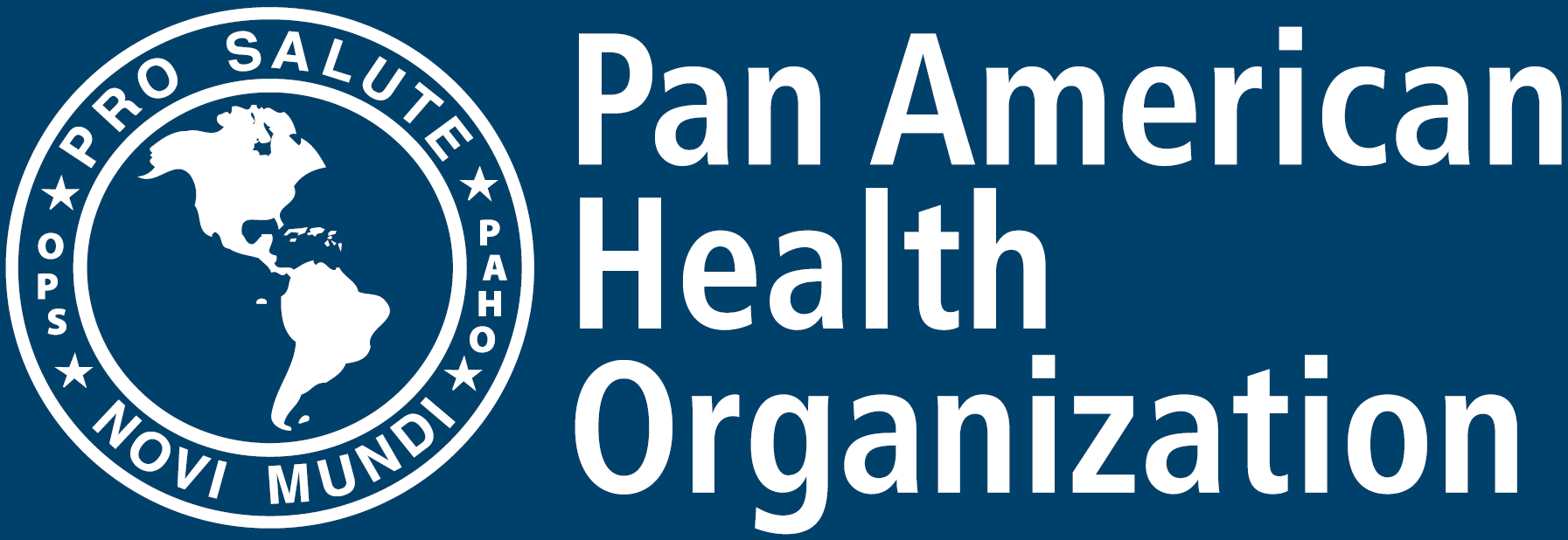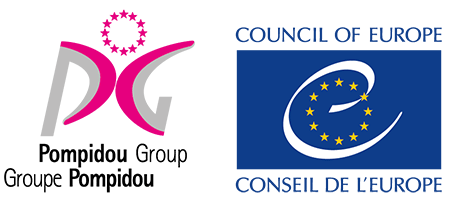This initiative aims to enhance the capacity of health and social workers, including in maternity services, to address substance use among pregnant women. Its main objectives include improving early identification, intervention, and support for pregnant women who use substances through capacity building of health care professionals, especially primary health care, emergency medicine professionals, obstetricians, gynecologists, neonatal care specialists, as well as specialists in substance use disorders treatment and social workers. The initiative seeks to fill gaps in current maternal healthcare by offering specialized training that focuses on evidence-based practices and a comprehensive understanding of the intersection between maternity care and substance use, including drug use disorders.
- UNODC-WHO International Standards for the Treatment of Drug Use Disorders (2020)
- WHO Guidelines for the Identification and Management of Substance Use and Substance Use Disorders in Pregnancy (Substance abuse treatment and care for women)
- Substance abuse treatment and care for women: Case studies and lessons learned
- UNODC Guidelines on Drug Prevention and Drug Use Treatment for Girls and Women
- WOMEN AND DRUGS. Drug use, drug supply and their consequences, World Drug Report 2018, Booklet 5
- Review of interventions to treat drug use disorders among girls and women in the criminal justice system in low- and middle-income countries
- Development of draft pocket guide and training materials on management of substance use during pregnancy based on WHO guidelines
- More than 30 health practitioners, including obstetricians, gynecologists, neonatal care specialists, nurses, as well as specialists in substance use disorders treatment from Ukraine, Moldova and Belarus participated in the three-day workshop, held from 11 to 13 December 2019 in Kyiv (UNODC and WHO organize international training on substance use treatment and care during pregnancy)
- The same training was also undertaken in Argentina and in Ecuador
The initiative includes training for health and social workers based on the UNODC/WHO International Standards for the Treatment of Drug Use Disorders and the WHO Guidelines for the Management of Substance Use Disorders During Pregnancy. All trainings include a pre- and post-test to gauge improvement in knowledge and attitudes. On demand, a pilot to track changes in care and impact on mothers and newborns could be developed.
- Contribute to the development and improvement of guidelines and training packages related to the management of substance use in pregnant women.
- Elevate awareness and knowledge regarding maternity care and substance use on a global scale.
- Address existing disparities in maternal healthcare by providing specialized training among health workers that can be universally implemented.
- Foster collaboration and networking among Member States, healthcare professionals, organizations, and international agencies involved in maternal healthcare and substance use management.
- Advocate for the integration of evidence-based practices into national and international maternal healthcare policies in line with UNODC-WHO International Standards.
- Enhance the knowledge and skills of healthcare and social professionals in participating countries in managing substance use in pregnant women within maternity services.
- Ensure the adoption of best practices learned during the training into the everyday clinical routines (e.g., through post-training evaluations and/or surveys).
- Improve the reporting and data collection mechanisms related to substance use during pregnancy to establish a stronger system for monitoring and evaluating the impact of interventions.
- Foster collaboration among relevant stakeholders and organizations within participating countries, such as health ministries and social services.
- Reduced stigma and discrimination, enhanced access to services, improved maternal and newborn health
Current State Participants
The following countries have benefitted from training in coordination with UNODC’s global programs on treatment of drug use disorders:
- Argentina
- Belarus
- Ecuador
- Moldova
- Ukraine
Anja Busse UNODC PTRS anja [dot] busse [at] un [dot] org (anja[dot]busse[at]un[dot]org) https://www.unodc.org/unodc/en/treatment-and-care/




